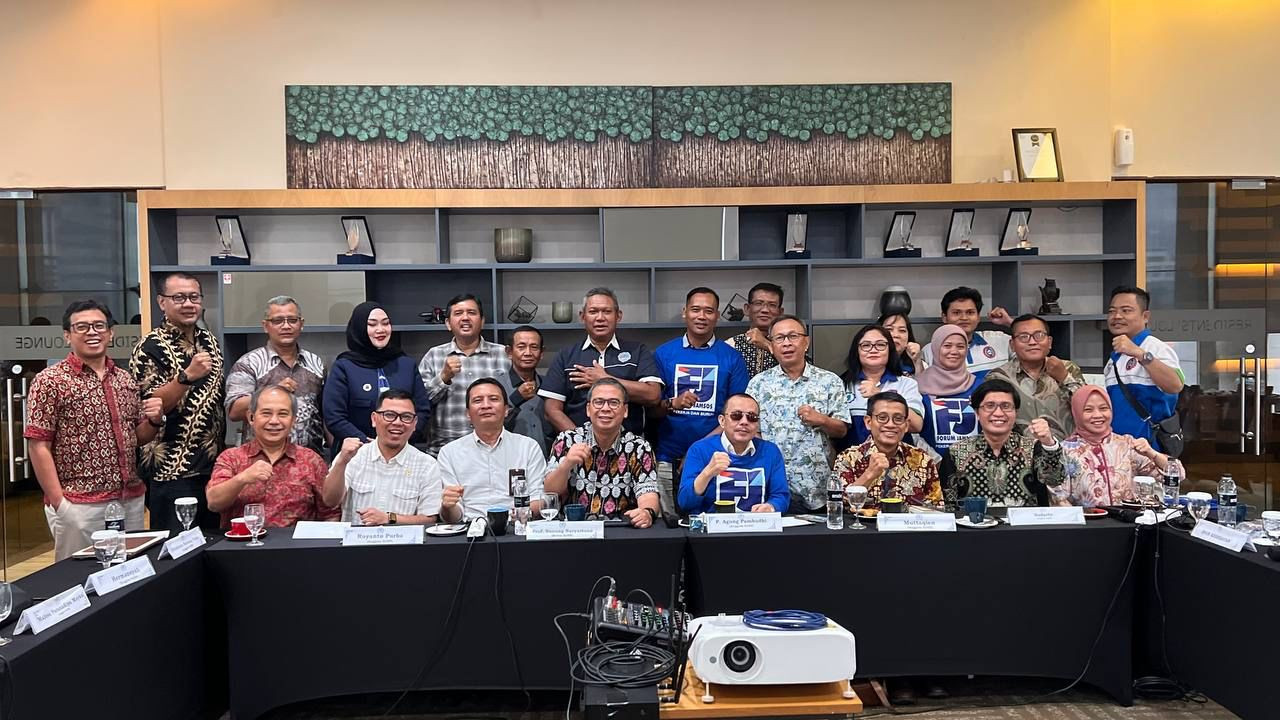Popular Reads
Top Results
Can't find what you're looking for?
View all search resultsPopular Reads
Top Results
Can't find what you're looking for?
View all search resultsLabor groups oppose KRIS policy, cite lack of worker involvement
Change text size
Gift Premium Articles
to Anyone
L
abor and worker unions under the Forum for Social Security (Jamsos) have strongly opposed the government’s plan to implement a single-tier inpatient care system under the Standard Inpatient Class (KRIS) scheme, scheduled to take effect on July 1.
The forum claimed that eliminating the current tiered class system, class 1, 2, and 3, for National Health Insurance (JKN) participants would reduce service quality, especially for workers and low-income members. It also criticized the government for not involving labor representatives in policy deliberations.
“There have never been complaints from workers regarding the existing class system. Many workers currently enjoy class 1 or 2 services, which offer rooms with one to three beds. If this is raised to four beds per room, it would clearly degrade the quality of care,” said Jusuf Rizal, the forum’s coordinator.
Workers contribute significant amounts to the JKN program, he said, and deserve adequate inpatient services. The forum also warned that the KRIS policy might lead to increased out-of-pocket expenses for patients who opt for better facilities. Additionally, they expressed concerns about financial risks to the JKN system if the single premium for independent participants contradicts the collective spirit mandated by the National Social Security System Law (SJSN Law).
The forum, along with national labor confederations, urged President Prabowo Subianto to review the proposed reforms, stating they could further burden workers.
Consumer protection expert and initiator of the Indonesian Consumer Forum (FKI), Tulus Abadi, echoed these concerns. He warned that participants currently in class 3 would be forced to pay higher premiums if pushed to class 2, a heavy burden for low-income individuals.
National Social Security Council (DJSN) chairman Nunung Nuryartono acknowledged the concerns, noting that regulatory discussions are ongoing. He emphasized that the final policy should preserve the benefits of the JKN system without causing unnecessary disruption.
BPJS Watch advocacy coordinator Timbul Siregar also expressed concern about hospitals’ limited capacity. “If inpatient classes are merged, there may not be enough beds for JKN patients. They could end up being treated as non-JKN general patients, which defeats the purpose of social health insurance,” he said.










